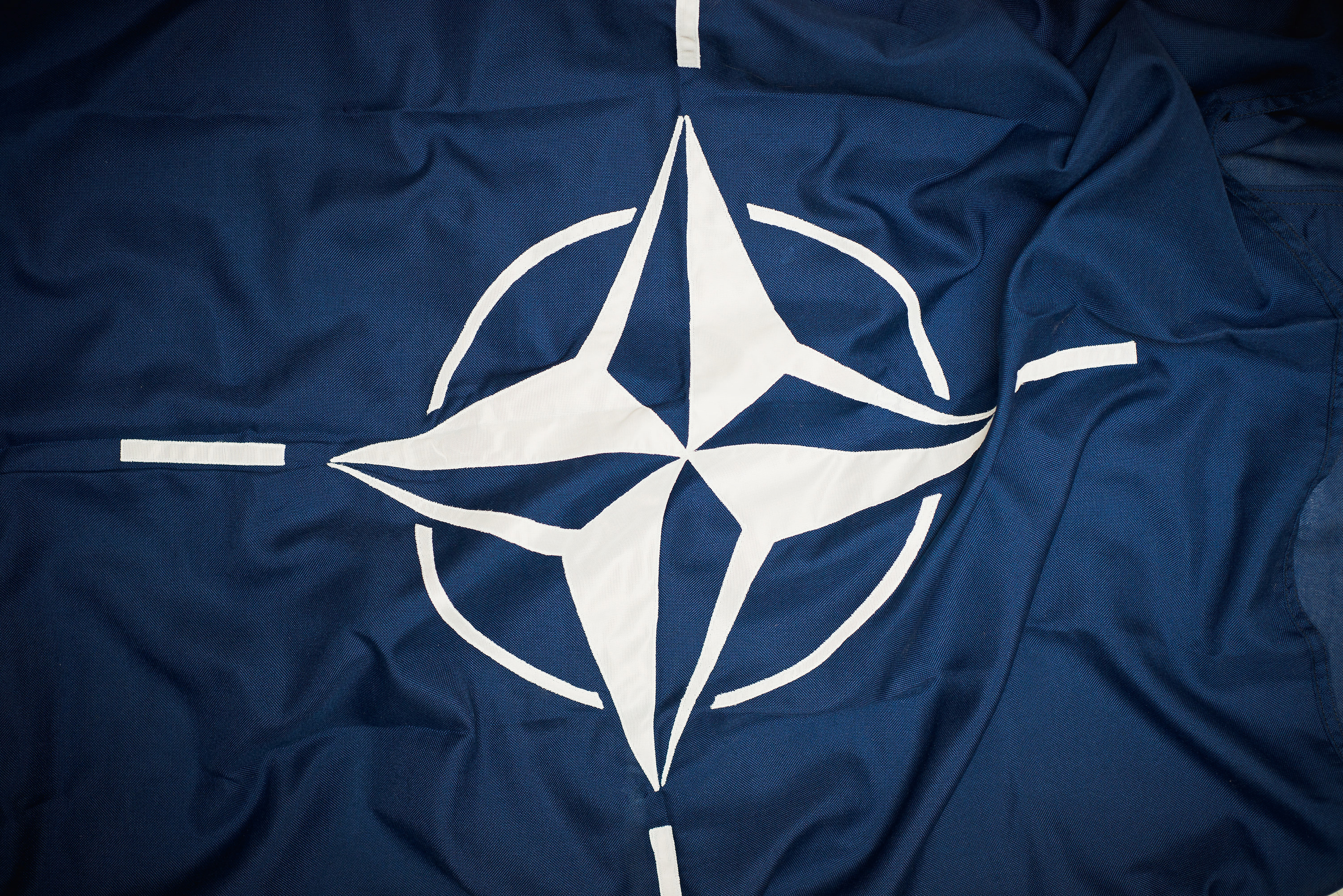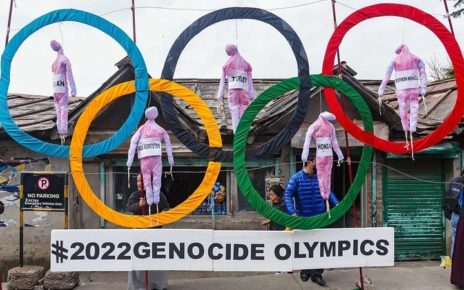Since the collapse of the Soviet Union, there has been some struggle to define precisely what the nature and role of NATO will be in the 21st century. The attacks of September 11, 2001, gave some impetus to the idea that NATO could be employed to address the threat posed by terrorism to international security. But the conclusion of combat operations in Afghanistan generated restlessness once more among NATO members. To restore a sense of relevance and overarching purpose to the Alliance, some authors, including myself, drew upon the vision of American maritime thinker Alfred Thayer Mahan to propose that the future of NATO could be found in protecting freedom on the seas against the threats of piracy and terrorism. More recently, some have thought to revisit the collective security dynamic in response to Russia’s aggression against Ukraine.
But these different narratives about NATO assume that the relevance of the Alliance could be restored if only some common threat to all 28 member states were identified. Yet recent events suggest NATO’s cohesiveness is challenged by a deeper problem. After all, even as NATO remained actively engaged in Afghanistan and Russian forces moved against Georgia in 2008, there was deep discontentment in transatlantic affairs, in large part over the perceived supplanting of NATO by the European Union (EU) in securing continental Europe. The notion that Europe no longer needed NATO came about as the result of a range of factors, but it rose to prominence foremost because the EU had a compelling idea – namely, the concept of Europe as a normative or civilian power in international affairs – and shared values among its members. However, this challenge may not be as deep as it once was, given the heavy reliance placed upon the United States during the 2011 intervention in Libya and the important role played by the US in addressing Ukraine’s turmoil.
But it is difficult to point to a set of commonly shared values or ideas among the NATO membership. Some policymakers have argued that the very essence of NATO is the promotion of democracy, human rights, and the rule of law. But Turkey’s recent elections have been dogged by accusations of vote-rigging, sparking massive protests. In 2011, just two years after Albania’s NATO accession, violent protests broke out in the Albanian capital of Tirana in response to alleged election fraud. Across the Alliance, member states are contending with alleged abuse of power and the erosion of the same democratic freedoms which NATO was presumably established to defend.
Fortunately, there are opportunities to restore the important role of values to NATO. The NATO Parliamentary Assembly, established as institutionally separate from the Alliance itself in 1955, is a forum for national parliamentarians from NATO member states and supports parliamentary oversight of defence and security. As part of its work, the NATO PA occasionally deploys election observer missions, such as monitoring Ukrainian elections since the 2004 Orange Revolution. A strengthened mandate in this area and closer cooperation with NATO decision-making bodies could allow the NATO PA to serve as a kind of ‘democratic audit’ of NATO member states, enforcing shared values.
Lacking such opportunities for peer review, there is a significant risk NATO members will continue to drift further apart. Rising Russian irredentism and the brutality of the Islamic State of Iraq and al-Sham (ISIS) grant the majority of NATO members shared threats against which to rally for the time being. But interests are transient, while democratic ideals properly enforced are forever.




